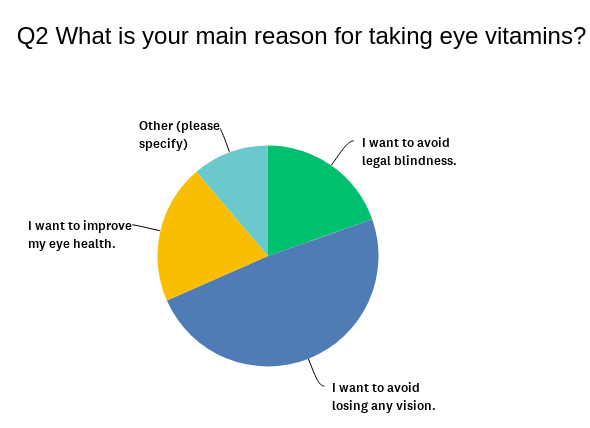Researchers from the New York Eye and Ear Infirmary of Mount Sinai announced results of a study that analyzed the speed and accuracy of a new artificial intelligence (AI) algorithm in detecting age-related macular degeneration.

More than 100,000 color fundus photos from more than 4000 patients were analyzed by the new technology. The technology utilized a 2-step model. The first step utilized a deep-learning prediction model from the ARED Study which was then tested using the Nutritional AMD Treatment-2 study.
The second step used an AI model that was trained through the 100,000 plus color photos. The model was trained to ascertain the presence and degree of macular degeneration while classifying them according to the AREDS 12-level severity scale.
The results found that the model had a 99.2% accuracy in differentiating from intermediate/late macular degeneration and then could predict 2-year incidence of late state macular degeneration with an 86.36% accuracy.
Researchers are hopeful that this technology could provide a cost-effective tool for high-risk or low-income patients who may not have direct or frequent access to eyecare.














